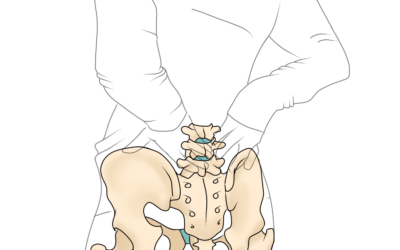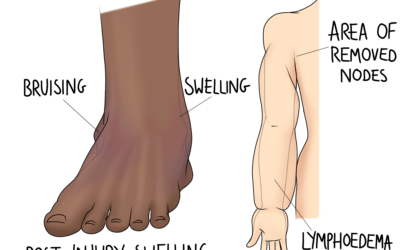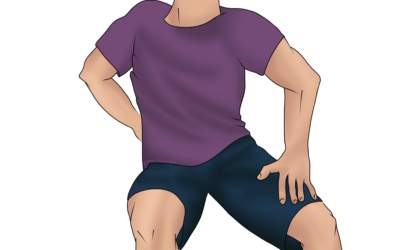Tongue-tie affects around 10% of babies. It often affects breastfeeding. Here, we look at what it is and what can be done about it.
What is tongue-tie?
Tongue-tie (‘ankyloglossia’) in babies is a condition where the strip of tissue (‘frenulum’) that connects the underside of the tongue to the floor of the mouth is shorter than normal. This can restrict tongue movement, causing difficulties with latching and feeding.
Types of tongue-tie
Tongue-tie can look different depending on the extent of the tie and its position. People sometimes describe tongue-tie as ‘posterior’ (at the back) or ‘anterior’ (at the front). Sometimes it can be seen easily. If the tie extends to the tip of the tongue, the tongue can appear forked or heart shaped. But the extent of the frenulum doesn’t necessarily indicate the level to which the tongue is restricted. Sometimes a very tight posterior tongue-tie, or one that lies under the mouth lining, means greater restriction than one that affects the front of the tongue.
Why do babies get tongue-tie?
There’s no definitive answer to why some babies get tongue-tie. Genetics play a part. A baby born with tongue-tie is more likely to have had a family member with tongue-tie. It also affects more boys than girls.
What are the signs and symptoms of tongue-tie in babies?
Tongue-tie is quite easy to miss. It doesn’t form part of the regular screening of newborns, like hip problems do. A baby with tongue-tie may show some or all of the following:
- Difficulty latching to feed, with fussy or irritable behaviour
- Clicking noise or coughing during feeding
- Feeding for long periods of time, sometimes falling asleep during the feed
- Reflux (vomiting milk following feeding)
- Colic or excess wind
- Poor weight gain, or weight loss
These symptoms can affect bottle-feeding babies as well as breastfeeding ones.
Mums can also show symptoms that suggest baby may have tongue-tie:
- Breast pain (mums have described this as ‘deep pain’ or sometimes ‘like razors’)
- Bleeding around nipples following feeds
- Wedge-shaped nipples following feeds, sometimes described as ‘lipstick-shaped’
- Over- or under-production of milk
- Exhaustion due to frequency of feeding
- White nipples following feeds
Note that whitening of the nipples is due to reduced blood flow. This happens because of pinching between baby’s gums during the feed. It can sometimes be misdiagnosed as a thrush infection. But it’s unusual for babies under six months to have thrush infections, so make sure tongue-tie has been ruled out before starting a course of treatment for thrush.
Treatment
If you think that your baby has tongue-tie, seek advice from your midwife, health visitor or a lactation consultant (you can find a list of practitioners here).
Tongue-tie will sometimes resolve over time without any treatment. You could consider surgery if the tongue-tie is causing problems. In a ‘frenectomy’, a surgeon or qualified practitioner will cut the tight band of tissue under the tongue. There is not usually any need for anaesthetic. Although this is worrying for many parents, there are few nerve endings in the frenulum, and babies seem to cope well with the procedure. Frenectomies are available on the NHS. Trained midwives, nurses or lactation consultants can also carry them out.
When considering surgery, it’s a good idea to weigh up the risks and benefits. As with any surgery, there is a small risk of complications such as bleeding, infection or ulceration. A lactation consultant can carry out an assessment of baby to evaluate the extent of any tongue-tie. This will include observation to see how much the tongue-tie is impacting the baby’s ability to feed.
Osteopaths sometimes work alongside lactation consultants to facilitate successful breastfeeding. A cranial osteopath uses very gentle techniques to treat babies. This can enable baby to position more comfortably during the feeding process. An osteopath can also advise on steps you can take at home to help find the best way to breastfeed.
Book a consultation today with one of our experienced cranial and paediatric osteopaths and find out what difference it can make.
Links:
International Board-Certified Lactation Consultants



0 Comments